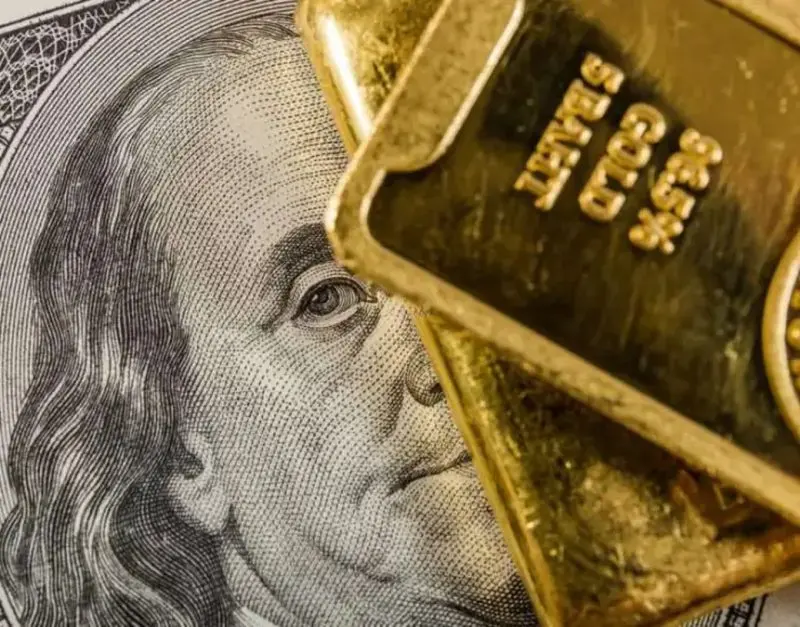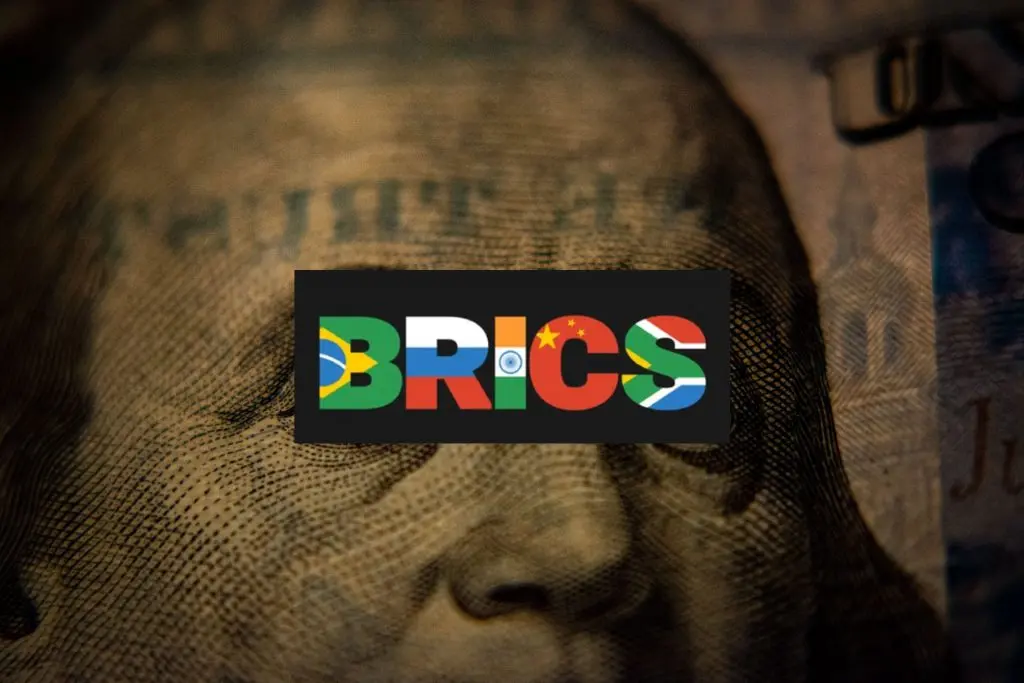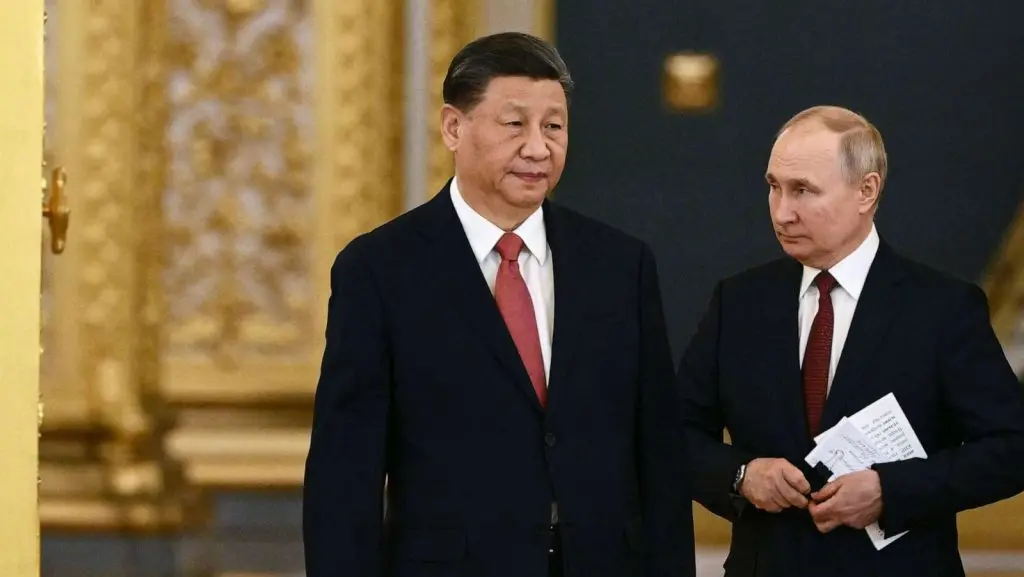BRICS Currency Replacing the US Dollar Globally Remains Unlikely

Cetoex News - Amid its growing relevance, and the development of a�BRICS currency, how likely is it that we will see the US dollar replaced globally? The economic bloc seems focused on the eventual replacement of the greenback for international settlements, but this would require a very specific action to take place.
Currently, the�US dollar�controls about 90% of all currency trading. Additionally, the American currency makes up just below 60% of foreign currency reserves that are held by central banks. So, could the BRICS currency really replace it?�
BRICS De-Dollarization Faces Uphill Battle

There is little argument to be made about the BRICS nation�s clear de-dollarization efforts. Moreover, as the development of a BRICS currency has been underway, replacing the US dollar globally remains the plan. Conversely, how likely that plan is to succeed alters by the day.
Brazil, Russia, China, India, and South Africa would first have to fully embrace the Chinese yuan. This factor has been adopted more so over the last few months, but it remains difficult to sell. Specifically, the BRICS nations can clearly see that replacing the US dollar with another national currency would eventually devolve into circumstances similar to the current ones.
Alternatively, the development of an alternative international trading currency is the only true answer. Subsequently, this would allow the nations to grow the use of their national currency, while maintaining a vested interest in growing the alternative. However, the idea, when thought through, does present some downsides for the five nations.

One key hurdle the nations would need to overcome is the wealth disparity among the various nations. Specifically, China maintains the second-highest economic power in the bloc. Moreover, the average citizen earns five times that of an Indian citizen. Creating a situation with greater economic differences that could make a currency agreement rather difficult.
Additionally, volatility in exchange rates would be a point to address. How the BRICS currency is exchanged would require focus and adjustment. Additionally, the currency�s exchange rate would require constant fluctuations. To do this, the BRICS nation would first have to implement a central bank.
The development of a new central bank would be the only path forward without giving one nation immense power. The BRICS Bank, also known as the�New Development Bank, does exist, but it does not operate as a central bank.�
Ultimately, a BRICS currency would be useful, but only for trade purposes. Moreover, it would only be useful for trade with other BRICS nations. Subsequently, sorting the logistics of its uses outside of that becomes difficult. Thus, supplanting the US dollar remains a rather difficult proposition.�
NEWS BY - CETOEX NEWS




